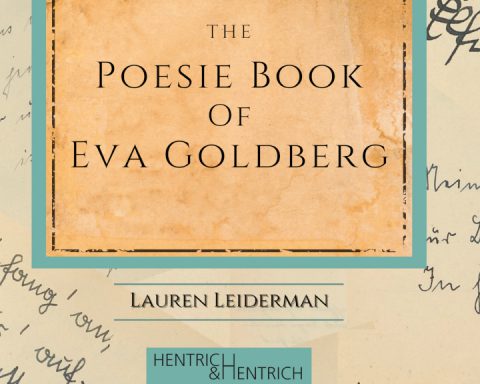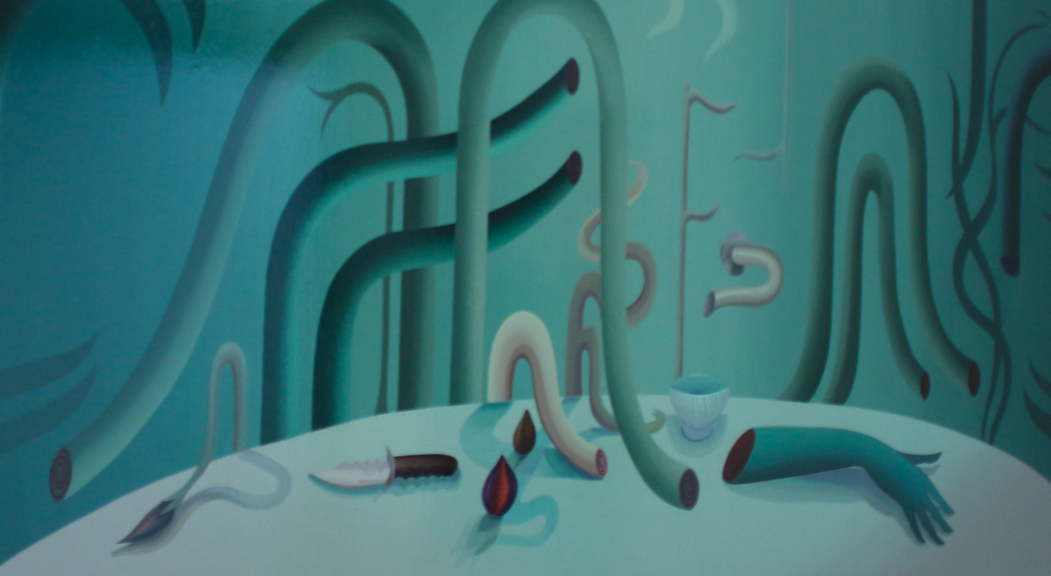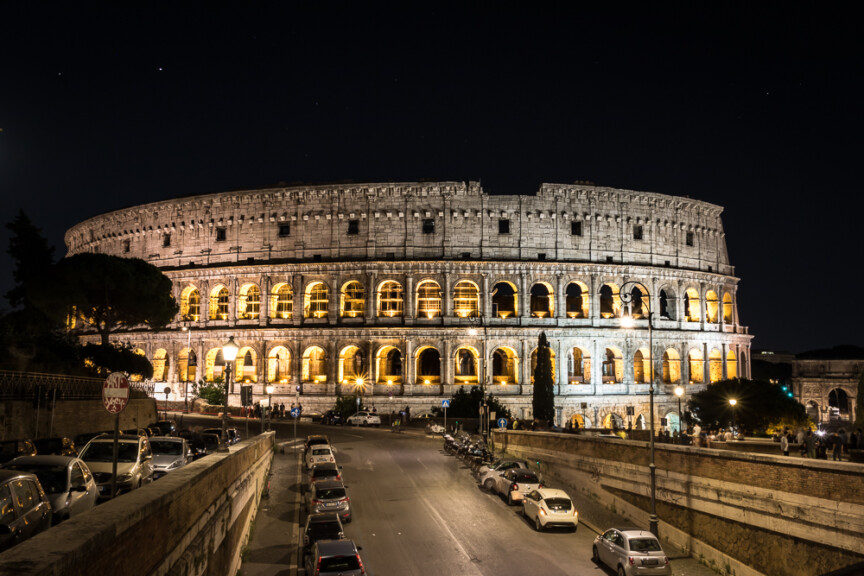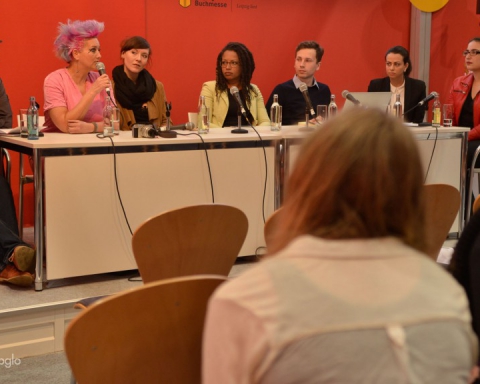LeipGlo column: Literary Parlor
In this column, we invite international award-winning authors for a virtual cup of tea, coffee or whisky, to unveil some of their art and craft secrets. Today we speak with American writer Agustín Maes. He was born in New Mexico where his ancestors settled in the 1630s and grew-up 30 miles north of San Francisco, California. His work has appeared in The Gallatin Review, Blue Mesa Review, Ontario Review, Turnrow and The Other Journal, anthologized in New Stories from the South: The Year’s Best, and cited in The Best American Mystery Stories.
His novella, Newborn, runner-up for the Paris Literary Prize, was published by Whisk(e)y Tit in December 2019. Maes’s work has also been translated into French, and into Arabic for Albawtaka Review, an Egyptian quarterly. He graduated from the San Francisco Art Institute and holds an MFA in fiction from the New School in New York, and an MA in theology from the University of San Francisco. He resides in Oakland, California.

Interview by Svetlana Lavochkina
When and how did you start writing?
Honestly, I don’t remember when I started writing, or how, exactly. In elementary school at some point. My father was a writer, so I inherited writing from him to a large degree. He wrote instructional manuals for a living, including a published textbook for learners of Spanish, his mother tongue. My dad didn’t learn English until he went to school when he was about six years old, which was the way things were where he grew up in northern New Mexico.
My family were Spanish speakers who’ve been there since the 1600s. I find it astonishing that mine is the first generation in over 350 years whose primary language is English.
So, my father’s ability to move between two languages provided a deeper understanding of tale and description that made him a gifted storyteller.
He was a voracious reader and wrote short stories which he read to me and my three younger siblings. He wrote a wonderful Tolkienesque children’s novel, The Blue Gemstone, that was shared with us and my cousins and read to them by my uncle. Reading and writing were always present.
Who were / are your writer idols, if any?
There are many. But Cormac McCarthy stands out: an extremely important and influential writer to me. McCarthy’s powers of description and ability to bring dialogue to near-audible speech are astounding. He’s able to seize time. I’ve read his novella, Child of God, over and over. It is one of the most incredible feats of linguistic and thematic mastery I have ever encountered.
Marilynne Robinson’s Housekeeping is another short novel I often go back to, and Annie Dillard’s Pilgrim at Tinker Creek. And Fabio Morábito’s Toolbox, which is so perfectly rendered it becomes magic.
All are masterpieces of description that burrow into the mind of the reader; writing that illustrates clearly and transfers that clarity to another’s consciousness and imagination.
Italo Calvino, for example. Or Oscar Hijuelos’s Mr. Ives’ Christmas. And Tobias Wolff, Louise Erdrich, Julio Cortázar, Graham Greene, Jorge Luis Borges, Miguel de Unamuno, Willa Cather, Jhumpa Lahiri. And Mark Twain’s voice. The Adventures of Huckleberry Finn remains my all-time favorite novel.

Your award-winning novella, “Newborn,” was judged for the Paris Literary Prize anonymously. The jury knew nothing of the contestants’ identities. So all of the readers, both the sifters and the jury board, were convinced that “Newborn” had been written by a woman: your insight into the female soul is so astounding. How did you manage it so perfectly?
Thank you for such a wonderful compliment!
It was extremely flattering to discover that my novella was assumed to have been written by a woman. But I haven’t any special insight into the female soul, or anyone else’s. I suppose when one creates a genuine person, that character is loved unconditionally, no matter who he or she is or where they go or what they do.
In the case of Newborn, the fact that a pregnant teenage girl showed up and became so entirely dear to me was a wonderfully graceful surprise. A mysterious door ajar.
While reading “Newborn” I remember being so overwhelmed, so harrowingly shocked that I thought I couldn’t take this narrative anymore, that I should stop to preserve my sanity. Yet, the indomitable perfection, the mellowness of your style did not permit me to quit at any point. And I was duly rewarded. How were you able to sustain this heart-rending story yourself?
Yes, it is a chilling, frightening story.
The creek was what I first set out to portray. I grew up in Novato, California, where my younger brother and I and our friends played in the creek all the time, a place where there was always something new to discover. I thought of what it would be like to see something truly arresting that one could not unsee, something that could not be forgotten. A dead newborn seemed like a particularly intense discovery. And then I began thinking of who had given birth to it and a story gradually took shape.
But the unending flow of the creek dominated the narrative.
Many times I wanted to break the text into shorter paragraphs. But it seemed the creek shouldn’t—and couldn’t—be interrupted.
There was an urgency to keep moving, no matter how desolate.
This made things even darker than I’d anticipated they’d be, but also made the light inside that darkness brighter.
The current COVID apocalypse has changed a lot in our perception of life and of ourselves. From your Facebook timeline, I see that you are taking “plague walks” and make photographic accounts of them. Do you think any inspiration for your subsequent writing can be garnered from the situation in any way?
The COVID-19 plague arrived with great suddenness and with mind-boggling speed and scope, spreading so quickly that time has contracted and warped in ways none have ever experienced in a worldwide way. It’s very difficult to know how to process and shape this moment into something familiar. Like much of the world, I don’t know how to cope with this abrupt global newness because there’s no truly apt precedent to refer to. The past now seems intensely past. And the future seems far away and deeply contingent.
An oddly beautiful side effect of all this has been a general craving for contact which has, to my eyes, manifested into a greater sense of intentionality among people.
The “Evening Plague Walk” is my own way of experiencing this enormous moment in history. Small, seemingly insignificant things we’ve ignored or merely paid glancing attention to have become immediately present.
The distance we practiced from one another as a matter of privacy or self-protection is now a requirement for life. We miss the old way of life because we always assumed we could, or would, embrace it if we chose to. How can one not be inspired by this?










